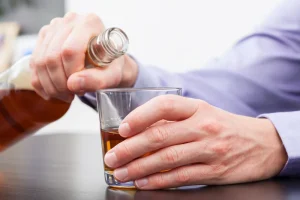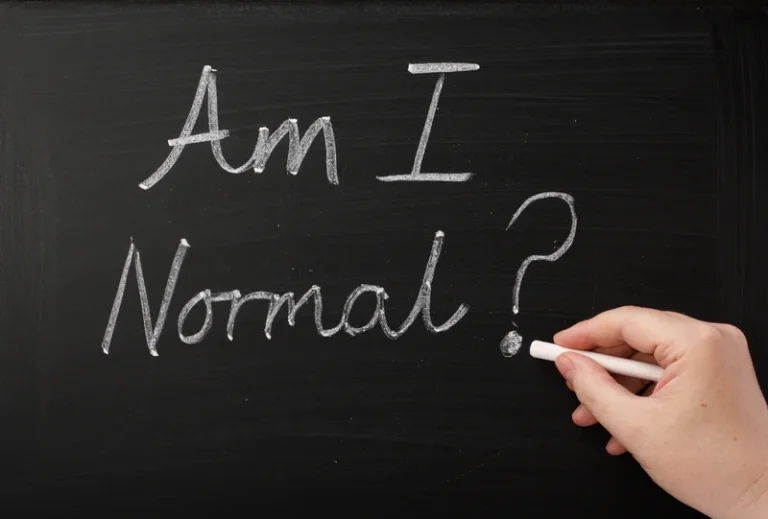
But zooming out to year four, there was a small association between weight gain and any drinking in this group. However, there was no observed difference in weight based on alcohol consumption in the control group that received minimal weight loss and diet advice. Take a 2018 study published in the journal Obesity, which examined data from 4,901 overweight or obese individuals with Type 2 diabetes who had participated in a yearslong weight loss program. One group received intensive lifestyle interventions, and was told about the number of calories in alcohol.

What Do Sober People Do For Fun? 21 Alcohol-Free Ideas
Alcohol is high in calories and is likely to increase abdominal fat. Research has found that light-to-moderate alcohol intake does not cause weight gain. Instead, regular heavy drinking may lead to weight gain over time. A study published in Current Obesity Reports in January 2015 found that people who drank heavily were more likely to be at risk for obesity and weight gain than people who drank lightly or moderately. So while it may not be necessary to cut out drinking altogether, you may need to stop binge-drinking entirely if you’re hoping to lose weight, prevent alcohol bloating and start a healthier lifestyle.
Should I Stop Drinking Alcohol to Lose Body Weight?
That can make it easy to inadvertently consume more calories than you need. To prevent alcohol poisoning and possible death your liver focuses all its energy on metabolizing, or breaking down, the alcohol into non-toxic components. Still, an estimated 42% of Americans are obese, and 60% of Americans say they drink alcohol. Now, not all Americans who drink alcohol are obese, and not all obese Americans drink. Force yourself to choose nutrient-dense food, lots of water, and get moving – even if it’s just a walk for fresh air.
Alcohol can negatively affect your sleep

Additionally, I examine the way mental and physical health as well as our relationships with others impact the reasons people drink and their role in maintaining sobriety long-term. Whether you are a heavy, moderate, or casual drinker, consuming alcohol can seriously impact https://ecosoberhouse.com/ your waistline. That will create an unhealthy ripple effect in other areas of your life. Consuming foods and drinks high in sugar can quickly lead to weight gain. When you get hungry while drinking, consider having vegetables and water instead of high-calorie foods.
Your frame isn’t the only part of you that will benefit from cutting back on booze. Alcohol also affects your brain, heart and liver, and it can increase your risk of certain cancers. Visceral fat is tightly packed, and as it builds up, it pushes the abdominal wall outward, exaggerating the appearance of a beer belly. The abdominal wall itself is made of muscle and tough fibrous tissues, which makes it very firm.
The Myth of the Beer Belly
Still, research has linked excess alcohol use to poor sleep duration and quality. People with alcohol use disorder (AUD) have a higher insomnia risk than others. Alcohol can reduce your blood sugar level, which may increase hunger. Some evidence suggests that people may seek high-carb foods does alcohol make you gain weight to satisfy their cravings if their blood sugar dips slightly. The National Institute on Alcohol Abuse and Alcoholism defines moderate drinking as up to one drink for women and up to two drinks for men per day. Depending on the type of wine, a single glass provides around 115–130 calories.
- You do not have to forego alcohol entirely to control your weight.
- Eating food while drinking can help slow the absorption of alcohol, but some foods can also increase the risk of bloating, including fatty foods.
- Depending on the type of wine, a single glass provides around 115–130 calories.
Alcohol and weight gain
Diet culture has long vilified alcohol as a major contributor to weight gain. This is one of the reasons sales of spiked seltzers, with their relatively low calorie counts, have increased so dramatically in recent years. But while alcohol is not exactly a health elixir, when it comes to its impact on weight, it’s not a guilty pleasure we should feel all that guilty about. Before Fong conducted research into this topic, she would advise those she worked with as a dietitian to cut calories by moderating their alcohol intake.
- “If you enjoy a moderate amount of alcohol and it is something that is important to you, I don’t recommend restricting yourself to try to lose weight,” she says.
- Biceps skin fold was the only anthropometric measurement that was increased in their participants after the beer drinking condition [52].
- The day after drinking alcohol promotes weight gain for a variety of reasons.
- Finally, recommendations for future research are provided to promote a better understanding of the possible obesity-promoting effects of energy intake from alcohol.
You Can Also Gain Weight From Drinking Alcohol
Health & Fitness












